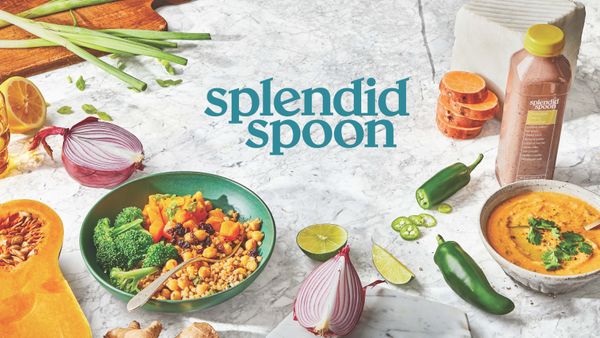The main and most widely accepted definition of veganism (taken from vegansociety.org) is as follows:
“Veganism is a way of living which seeks to exclude, as far as is possible and practicable, all forms of exploitation of, and cruelty to, animals for food, clothing or any other purpose.”
By making the choice to become vegan, you’re making a commitment to reduce animal suffering as much as you practically can.
The ingredients in packaged foods may come from of a large and complex supply chain. Often times, even a single ingredient may have multiple origins and could be processed in a multitude of ways.
Given these complexities, the vegan status of certain ingredients may be dubious.
Here’s a perfect example:
Cheerios at first glance could be a completely vegan food, but upon further investigation you may stumble upon the possibility that the Vitamin D in this popular breakfast cereal is lanolin derived. This means that there’s a chance it could have come from sheep’s wool. However, that doesn’t mean that avoiding Cheerios is going to do any good for animals. This is why:
- The amount of animal suffering that went into each box is completely negligible, perhaps too small to measure.
- Not buying Cheerios doesn’t have much impact on the supply and demand of the animal agriculture industry or lanolin derived Vitamin D.
- Lanolin derived vitamin D is byproduct of animal agriculture, not a primary driver of it.
- Having such a high level of scrutiny over your ingredients could make veganism seem impossible or unrealistic for other people (or even yourself if you’re new to it).
Perhaps the most important point on this list is number 4.
Which following scenario do you think is better for the animals?
Two people not consuming meat, eggs, and dairy and not worrying about trace ingredients; or one person not consuming meat eggs and dairy and worrying about trace ingredients.
Although it’s not worth getting crazed about which vitamin D fortified foods are made with lanolin, we do recommend that as you get more accustomed to veganism, you should avoid product that are completely lanolin based, such as a non-vegan Vitamin D supplement. There’s plenty of good veg-friendly ones out there in local vitamin and grocery stores.
Another interesting scenario is sugar. Conventional / non-organic Cane sugar has the potential to be processed with bone char, which is used as a whitening filter.
However, if you’re buying a product with processed sugar in it, it’s going to be near impossible to trace. Often times, the manufacturers won’t even know since they likely get their sugar from multiple sources.
So, in a scenario like this – it is important to use common sense.
If you’re buying a product with sugar in it, then we don’t recommend that you worry about it. However, if you’re buying a bag of sugar, we recommend you stick with beet sugar or organic cane sugar just to be safe! Neither of these are processed with bone char.
If you’d like to learn more about sugar specifically, we’ve written about the topic of sugar and veganism on our website.
It is impossible to reduce suffering to zero because simply existing causes some level of harm. However, if we’re conscious about our choices, one day we could live in a world where unnecessary and direct cruelty to animals is a thing of the past.


